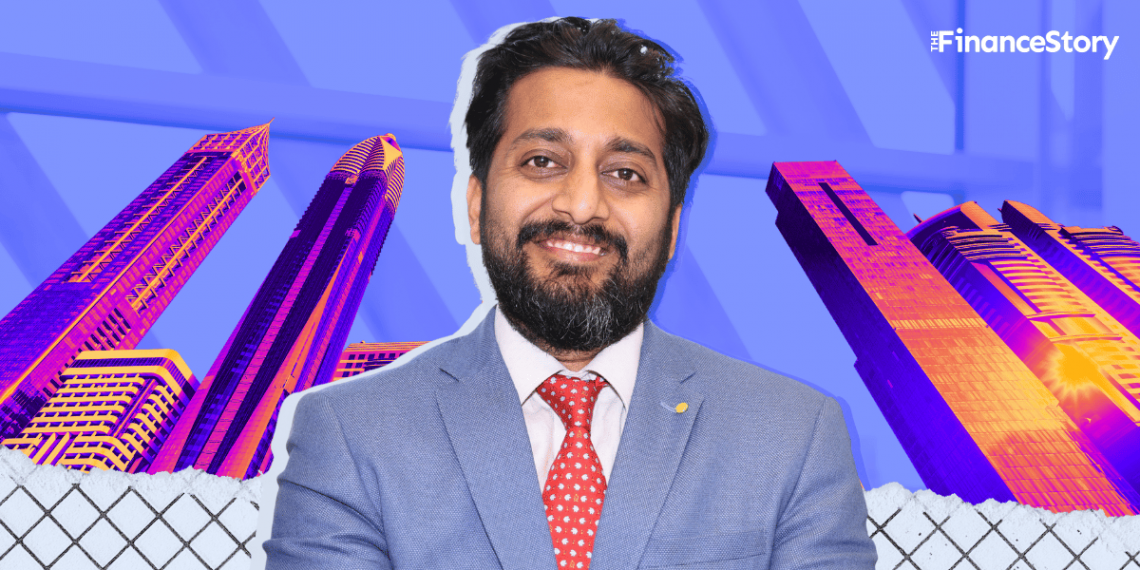- Hi, I am Manish Bansal, a seasoned Indirect Tax Professional.
- Imagine my surprise in 2019 when Deloitte India presented me with a secondment opportunity to Riyadh, Saudi Arabia.
- Initially hesitant, I carefully analyzed the opportunity and recognized its potential for tremendous learning and growth.
- Taking the leap turned out to be the best decision I’ve made.
Back story
In 2010, I qualified as a Chartered Accountant (CA) and officially began my career with EY India in Indirect Taxation.
I spent around 6 years at the Big Four firms EY and KPMG.
Continue reading this exclusive article
Get unlimited access to high-quality reporting on Indian business, markets and policy.






